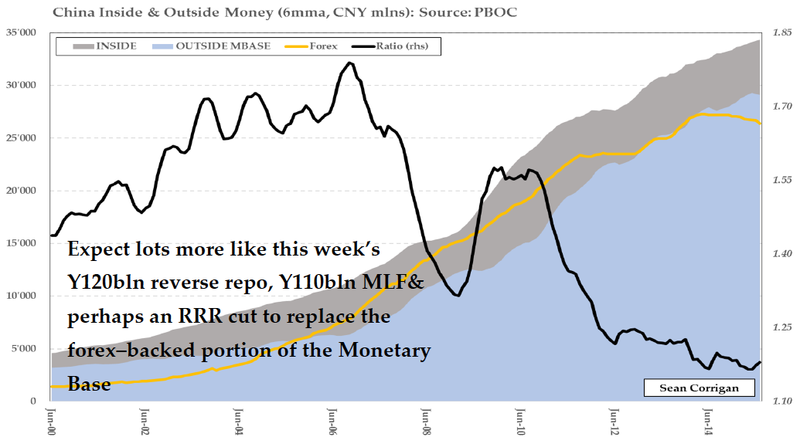This article was first published in New Law Journal on the 1st of May 2009, and is reproduced by kind permission (http://www.newlawjournal.co.uk/).
The Safety Deposit Current Account Bill has similar aims to the Regulation of Deposits and Lending Bill introduced by Steve Baker and Douglas Carswell.
The G20 conference heralded a new “Dunkirk spirit” in the UK. Only perhaps the British can claim that a massive defeat is a victory. The casualty list is long and includes Northern Rock, Credit Lyonnais, Bear Stearns, Lehman Brothers, AIG Corp, Bradford & Bingley, and Dunfermline. Throw in Iceland and Bernie “Made-Off ” and we have some idea of the international scale of this disaster.
We are told that reinforcements in the form of $1.1trn will turn our Dunkirk into a D-Day victory—we even saw President Obama gesticulating “V for Victory” with the reversed middle fingers of his right hand.
Running parallel is, of course, Lord Turner’s review of the banking crisis and his anticipated thesis that the answer is centralisation and regulation of the banking system. The cry is apparently greater liquidity and increased capitalisation. In the interim low interest rates and renewed borrowing thus fuelling “dependency”. However, none of this seems to deal with the fundamental flaws which beset the monetary system.
Monetary supply
One of these flaws lies with the monetary supply which has apparently increased by more than 5,000% over 30 years from about £31bn in 1979 to about £1,700bn now.
The relationship between money supply and value is by no means clear. Currency notes and coins, the responsibility of the UK government, represent about 2.5% of monetary supply with the balance of the 97.5% remaining a seemingly ethereal electronic concept. How much of this money supply is real and how much fictitious? Of the rescuing trillions of dollars how much is actually real?
Everyone who maintains a bank account must, without choice, participate in this flawed monetary system. This, for instance, dictates that current account holders cannot, as a matter of law, remain vested title holders to their credit balances nor rank as secured creditors. It does not seem to be widely known that it is not possible to maintain a current or checking account without title to the money passing to the relevant bank and without the customer forgoing all ordinary rights as a creditor.
The government’s answer to this flawed system is to guarantee accounts, but within limits. Thus the taxpayer has no alternative but to act as guarantor to a banking system which has a low regard for the taxpayer’s current and checking accounts or “heads, the banks win; tails, the taxpayers lose”.
A way forward
A modest attempt to rectify this imbalance is contained in the Safety Deposit Current Account Bill introduced by Lord Caithness in April 2008. This firm drafted the Bill (work predating the Northern Rock crisis in October 2007) which sought to deal simply with three issues concerning current or checking accounts as follows:
- Banks do not “store money” in these accounts.
- Money credited is transferred into the ownership of the bank.
- Bank customers rank ordinarily as unsecured creditors.
The Bill’s answer is to make it mandatory for all banks and building societies to “make available safety deposit current accounts” (s 1(1)) to their customers. Section 1(2) defines such an account as “a deposit account in which legal and equitable title to any money deposited is fully vested in the customer for whom the money is held”. While s 1(5) requires that money held by the bank must be “(a) kept in the form of cash, and b) held separately from the general or other assets” held by the debtor bank. The Bill entitles the bank to charge a reasonable storage and service charge for maintaining these accounts, but provides that any government guarantees should be restricted to these accounts.
Consumer choice
This Bill seeks to introduce a new element of customer choice into a banking system which so far has ordinarily refused to accept responsibility for the storage of money in current or checking accounts.
Although the Bill failed to obtain Parliamentary time in the last session it is likely to be introduced shortly, and it is suggested that it represents a modest answer to a question that needs to be identified and debated. It is perhaps surprising that there appears to be so much ignorance and misunderstanding on the law concerning the operation of current and checking accounts. The fact that creditor customers are unsecured does not appear to be either widely understood or widely known. Surely we need to reconstruct the foundations and not just tinker with the structure?



